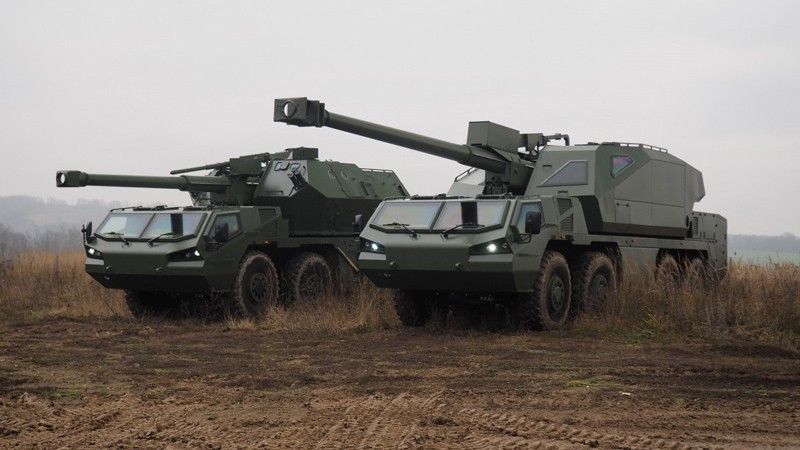Zelensky’s ambush at the White House will go down in history
The events of Feb. 28, 2025, generated a sense of shock and dread that resonated with the reaction to Jan. 6, 2020 — a feeling that something terribly wrong and irreversible had just happened to America.

The events of Feb. 28, 2025, generated a sense of shock and dread that resonated with the reaction to the Jan. 6, 2021 Capitol riot — a feeling that something terribly wrong and irreversible had just happened to America.
The public confrontation between President Trump and Ukrainian President Volodymyr Zelensky, fomented by Vice President Vance, appeared to be a calculated decision by America’s commander in chief to berate and humiliate a strategic partner at war with a foreign invader.
The clash was all but inevitable, given the irreconcilable geostrategic positions of Zelensky and Russia’s president, Vladimir Putin. Putin wants to conquer and subjugate Ukraine, Zelensky wants to keep his country whole, free and aligned with the West. And Trump has been open about his sympathy for Russia since his election. What was unprecedented about the meeting, however, was the totally public venue arranged by Trump’s White House — a prolonged discussion before a roomful of officials and journalists armed with television cameras and recorders.
Under normal circumstances, after a half-hour of polite conversation between the parties, the public part of the meeting would have ended, the media would have exited, and it would have progressed to closed-door discussions allowing for franker exchanges. Instead, the U.S. hosts kept the conversation going with cameras and recorders still running. Then, before the event was about to wrap up, Vance suddenly spoke up and the tone of the talks changed.
Vance told Zelensky, without irony and as if following a script, “I think it’s disrespectful of you to come into the Oval Office to try to litigate this in front of the American media.” He repeated the accusation twice more in the next several minutes.
Zelensky interjected, “You think if you will speak loudly ...” at which point Trump interrupted, his own volume increasing, “He’s not speaking loudly.” By then, the staging was obvious. Taking his cue from Vance, the president picked up on the “disrespectful” theme and reprimanded Zelensky, “Without us, you have no cards.”
Perhaps no more chilling and shameful message has ever been made by an American president than Trump’s warning to Zelensky to, essentially, sign his minerals deal or else. "You're either gonna make a deal, or we're out,” said Trump. “And if we’re out, you’ll fight it out and I don’t think it’s going to be pretty.”
The seemingly shocked Zelensky, using his left-than-fluent English, tried unsuccessfully to fend off the two-sided attack. He was then asked to leave the White House. Trump ended the ordeal by saying, “I think it’s a good thing for the American people to see what’s going on. ... It’s gonna be great television.”
The U.S.-Ukraine rupture was enthusiastically welcomed — by Putin’s regime. Dmitri Medvedev, the one-time place-holder president to whom former President Obama whispered assurances of U.S. flexibility, said of the Trump-Vance tag-team attack on Zelensky, “The insolent pig was finally slapped down in the White House.”
Sen. Lindsay Graham (R-S.C.) said after the meeting had concluded that he had warned Zelensky “not to take the bait.”
The tragedy of the sorry episode, of course, is not Ukraine’s alone. Trump’s disdain is not confined to Ukraine but to the overall NATO project: collective defense against Soviet/Russian aggression.
The entire rules-based international order, which avoided major war among the great powers for 80 years after World War II, is now on the verge of disintegration. Not only Putin, but also Xi Jinping, Kim Jong Un, the Ayatollah and despots everywhere rejoice at the potential allied breakup. Trump has done more to hasten that result than any other president since NATO was founded. Now, with the active support of Moscow, he is dangerously close to achieving that end.
Joseph Bosco served as China country director for the secretary of Defense from 2005 to 2006 and as Asia-Pacific director of humanitarian assistance and disaster relief from 2009 to 2010. He is a nonresident fellow at the Institute for Corean-American Studies, a member of the advisory board of the Global Taiwan Institute and member of the advisory board of The Vandenberg Coalition.


